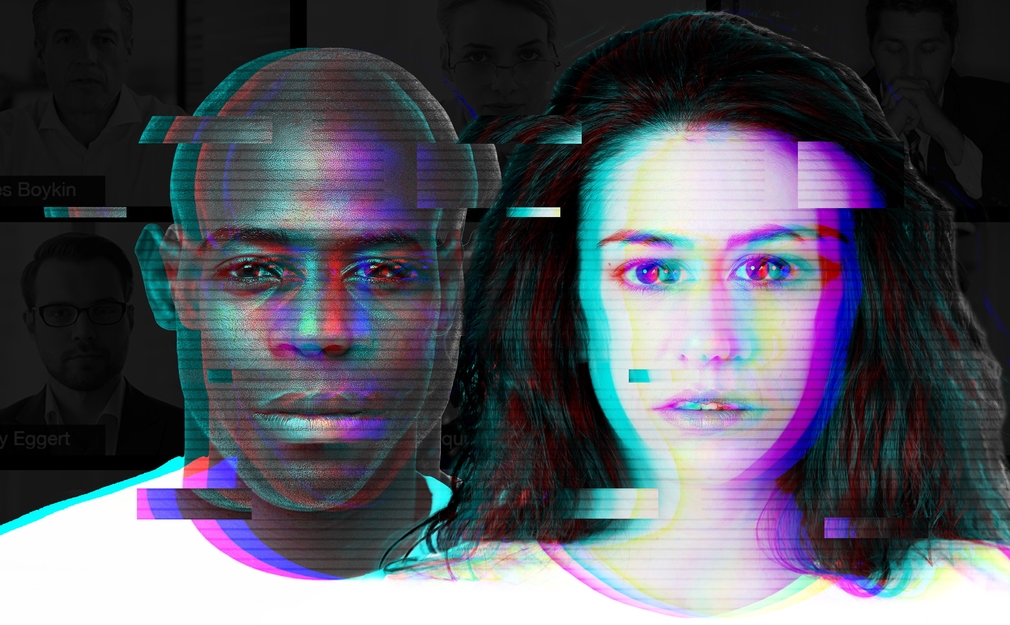Page Hero

Hold The Line: Impacted Voices on the Use of Video Proceedings in Criminal Court
Video proceedings are often dehumanizing and can create disparate outcomes, but they are also sometimes necessary to mitigate the challenges of getting to court for many of those impacted by the criminal legal system. This paper by Dr. Zaria Davis and Alison Bloomquist reports on participatory research conducted among individuals directly and indirectly impacted by the criminal legal system, asking them about reactions to the use of video proceedings in court.
The overwhelming response was: it depends. We know from the existing scholarship that video proceedings in court come with a host of negative impacts including higher bonds, increased likelihood of deportation in immigration cases, decreased perceptions of credibility for those appearing on video, as well as impeding attorney-client communication.
But access to justice, even simply access to the courthouse, can look different if you are living in rural versus urban America, if you are confined pretrial versus being released, or if you are an hourly worker versus full time. Most individuals involved in the criminal legal system, whether as victims or as the accused, are living at or below the federal poverty level. Disproportionately they don’t always have access to paid employment leave, regular child care, reliable transportation, or financial resources to travel. When it comes to video proceedings, they are facing a frustrating choice: Do I risk the known consequences and dehumanizing aspects of video proceedings, or do I risk not getting to court or losing my job if I do? This paper explores the difficult choices faced by those most impacted by the criminal legal system regarding video conferencing.
The National Legal Aid and Defenders Association (NLADA) held two in-person focus groups and three virtual feedback sessions on using video in judicial proceedings with the express purpose of hearing from individuals directly or indirectly impacted by the judicial system.
“I just really feel like if it is just video, I think we would lose a piece of humanity. There is a disconnect for me when I watch TV. I don’t feel as involved. …we already have a loss of humanity in the court systems. I really see [video] disconnecting even further[.]”
Repeatedly, participants expressed a need to have agency to decide how to appear in court. Participants identified the myriad of challenges and even harms that can result from video appearances. Competing with this, however, were all the things that make getting to court so difficult, especially for folks living in poverty. Finding ways to increase access to courts not only for individuals who are accused of crimes, but for victims and the community as well, should be a priority for system actors. However, we cannot do so at the expense of justice. And those impacted by the system should be able to decide for themselves whether the benefits of video proceedings outweigh the risks.
“Just like you have an option of a plea or trial, you should have the same option [with video].”













